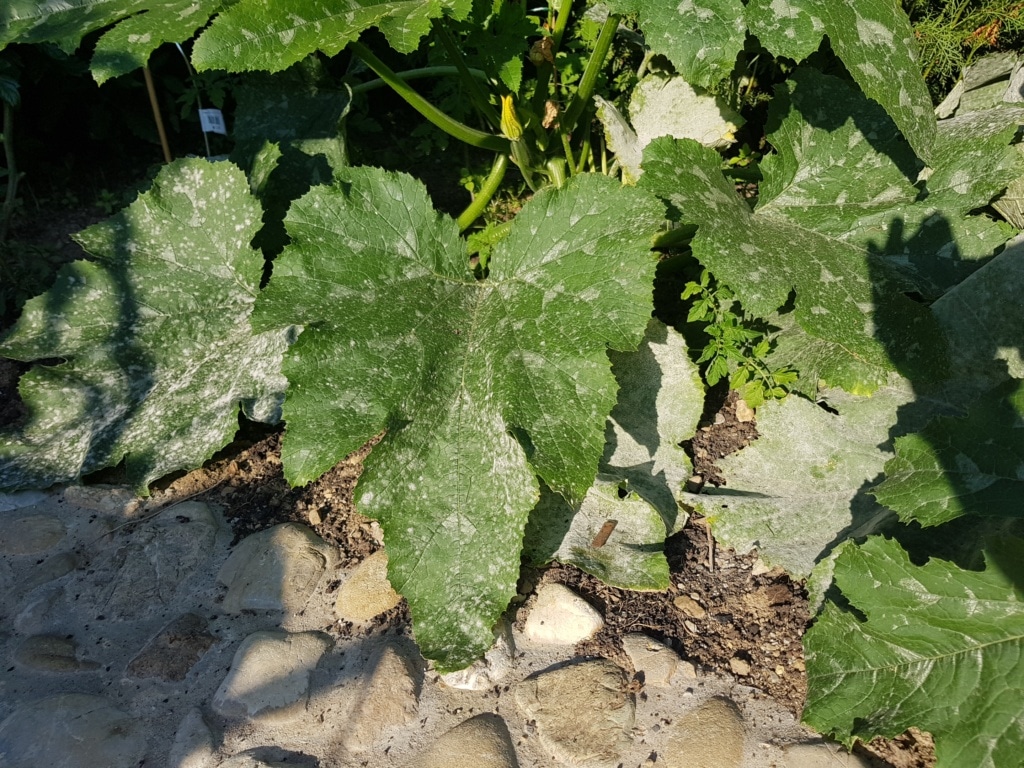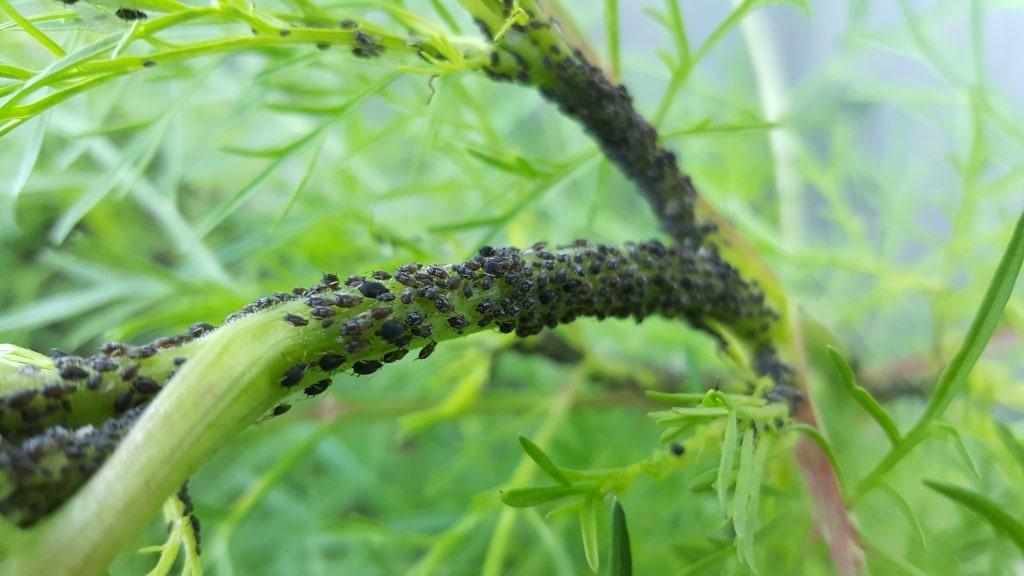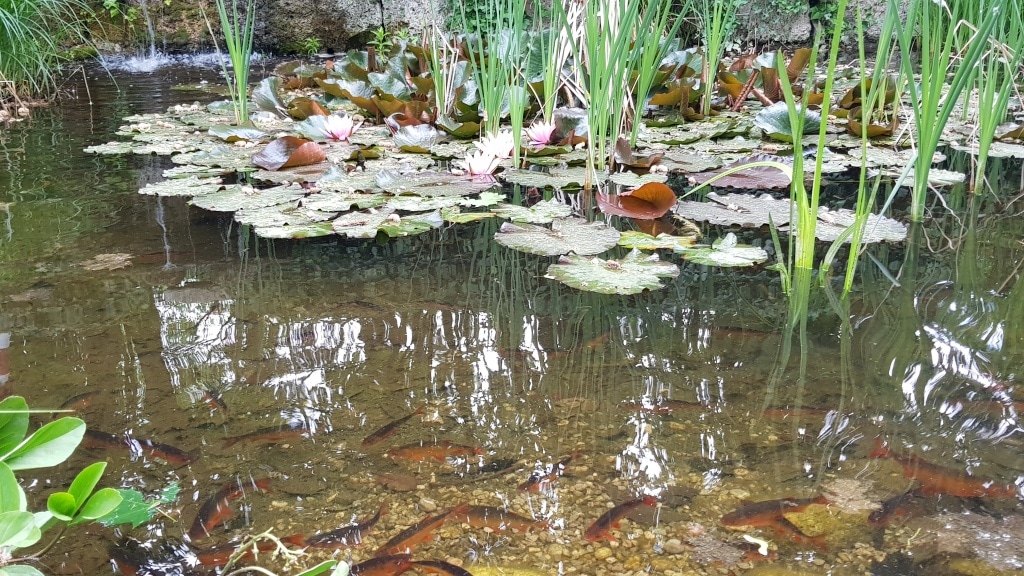Last updated on October 23rd, 2023 at 08:50 pm
Strengthen garden plants with effective microorganisms: Gardening like a pro
In agriculture, effective microorganisms are used in many areas. After all, it is important to farmers that the cultivated crops remain healthy, even if the weather conditions are currently changing a lot in our latitudes. In addition, the yield should of course be as high as possible.
Every hobby gardener can now benefit from microorganisms just as much as the professionals in agriculture. In this report, we will show you the benefits of effective microorganisms, where you can order them cheaply and how microorganisms can be propagated yourself.
Contents
What are effective microorganisms?
The abbreviation for effective microorganisms is EM. These are tiny living organisms that make gardening easier and ensure that the flowering and useful plants grown remain healthy.
EM is just as suitable for use on foliage as it is for root support. The microorganisms most commonly used in gardening include yeast, photosynthetic and lactic acid bacteria. They are also found in many foods, where they produce vital nutrients for humans.
THE ABBREVIATION FOR EFFECTIVE MICROORGANISMS IS EM.
The use of EM in the garden can therefore be done completely without hesitation, fruits and vegetables can be consumed without hesitation despite the use of effective microorganisms.
The biggest advantage is the natural effectiveness of EM against plant diseases and vermin infestation.
The nature-conscious gardener does not need chemical poisons when using microorganisms and even industrial fertilizer can be replaced by natural EM.
Effective microorganisms against powdery mildew and infestation with aphids.
If plants suffer from powdery mildew, which describes a fungal infestation that often occurs on plants that grow in the shade, microorganisms can be mixed with water in the garden. A spray bottle is used to generously wet the affected parts of the plant, and neighboring plants can also be treated as a precaution, since powdery mildew can spread from plant to plant.
Powdery mildew always develops when the irrigation water cannot evaporate completely and remains on the leaves for a long time. Weakened plants are particularly affected, but mildew can quickly spread to healthy plants as well.

Treatment with EM should be repeated every two to three days, the duration of the application depends on how far the plant disease has already progressed. Even heavily infested plants can be saved with microorganisms and do not have to be uprooted.
If EM is to be used against aphids, the preparation of the mixture is just as simple as for spraying the plants with mildew. Especially in the first days can also be twice a day against the aphids, the procedure usually takes only a few days.

Even when aphids are no longer visible, EM should still be sprayed for up to three days so that any newly hatching aphids are also destroyed. Otherwise, a new aphid infestation may occur when the larvae hatched have reached an adult stage.
Preventing odors and rot in the garden naturally
Effective microorganisms can be used whenever natural decay is to occur without odor. In the composter, EM ensure that the composting processes are accelerated, but there are no unpleasant odors.
In the garden pond, EM ensure that the water remains clean. This is especially important if fish or frogs are to live in the garden pond, but also, who wants to successfully cultivate water lilies in the garden pond, requires an absolutely impeccable water quality.

Fish food and falling leaves can contribute to the fact that the pond in the garden quickly becomes dirty, not only can there be an unpleasant smell, but also aquatic plants or animals in the garden pond can become ill.
Effective microorganisms are natural creatures, the use of chemical agents can be avoided. Many gardeners find this particularly important in their own gardens, so that nature is not further polluted.
Buy effective microorganisms and breed them yourself
The useful microorganisms can be ordered cheaply on the Internet. The reproduction of the effective microorganisms is very simple, more than a little sugar is not needed. The water for the breeding of EM should be germ-free, for this purpose it can be boiled before the EM are added.
For successful reproduction, a warm ambient temperature is required, so breeding over the winter can be somewhat difficult.
Since the microorganisms produce gases during cultivation, the container for propagation (fermenter) should not be hermetically sealed. In any case, however, the solution must be kept free of impurities.
After about a week, the home-grown EM can be used immediately in the garden; if a small part of the mixture is retained, the propagation can then be carried out again.


